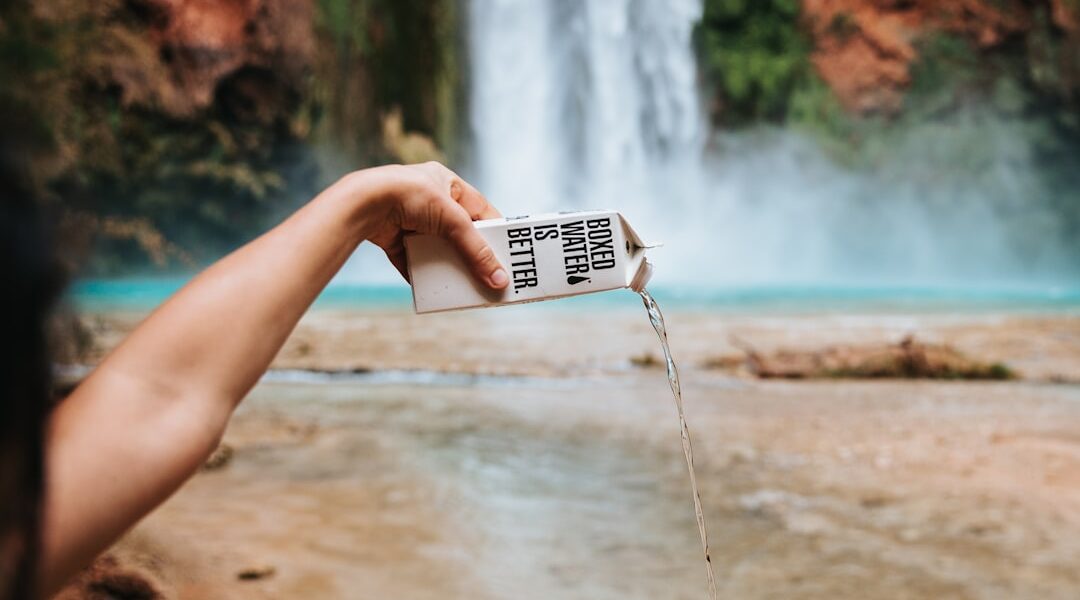Black curly hair is a distinctive hair texture characterized by its coiled or spiral pattern. It is commonly found among individuals of African descent and varies in texture from loose curls to tight coils. The structure of black curly hair is unique, with each strand typically having an elliptical or asymmetrical cross-section, contributing to its natural curl pattern.
Historically, black curly hair has held significant cultural importance in many African societies. Hair styles and textures have been used as indicators of social status, tribal affiliation, age, and marital status. In some cultures, intricate braiding patterns and other hair styling techniques were passed down through generations as a form of artistic expression and cultural preservation.
The care and maintenance of black curly hair often requires specific techniques and products due to its unique structure. This hair type tends to be more prone to dryness and breakage, necessitating regular moisturizing and gentle handling. Many individuals with black curly hair use specialized combs, brushes, and styling tools designed to work with their hair’s natural texture.
In recent decades, there has been a growing movement to embrace and celebrate natural black curly hair textures. This shift has led to increased representation in media, expanded product lines catering to curly hair, and a broader societal recognition of diverse hair textures as beautiful and professional.
Key Takeaways
- Black curly hair is beautiful and unique, with its own set of characteristics and styling options.
- Embracing your natural texture means accepting and loving your hair as it is, without trying to conform to societal standards of beauty.
- Caring for black curly hair involves using the right products, techniques, and protective styles to maintain its health and vitality.
- Styling options for black curly hair are diverse, including twist-outs, bantu knots, and wash-and-go styles that showcase its natural beauty.
- Overcoming stereotypes and embracing confidence means challenging negative perceptions of black curly hair and feeling proud of your unique look.
Embracing Your Natural Texture
Tips for Caring for Black Curly Hair

Caring for black curly hair requires a unique approach that takes into consideration the specific needs of this hair texture. One important tip for caring for black curly hair is to use products that are specifically formulated for curly or coily hair. These products are designed to provide moisture and hydration, which are essential for maintaining healthy and vibrant curls.
It is also important to avoid products that contain harsh chemicals or sulfates, as these can strip the hair of its natural oils and cause damage. Another tip for caring for black curly hair is to develop a regular and consistent hair care routine. This may include washing and conditioning the hair on a regular basis, as well as using deep conditioning treatments to keep the hair moisturized and nourished.
It is also important to protect the hair at night by using a satin or silk scarf or pillowcase to prevent breakage and frizz. Additionally, regular trims are important for maintaining healthy curls and preventing split ends.
Styling Options for Black Curly Hair
| Styling Options for Black Curly Hair |
|---|
| 1. Wash and Go |
| 2. Twist Out |
| 3. Bantu Knots |
| 4. Braid Out |
| 5. Pineapple Updo |
There are countless styling options for black curly hair, from wearing it in its natural state to experimenting with different hairstyles and protective styles. One popular styling option for black curly hair is the wash-and-go method, which involves washing the hair, applying a leave-in conditioner, and allowing the curls to air dry. This method allows the natural curl pattern to shine and requires minimal manipulation.
Another styling option for black curly hair is protective styles, such as braids, twists, or bantu knots. These styles not only protect the hair from damage but also allow for versatility and creativity. Protective styles can be worn for extended periods of time and are a great way to give the hair a break from daily styling.
Overcoming Stereotypes and Embracing Confidence
Individuals with black curly hair often face stereotypes and misconceptions about their hair texture. It is important to overcome these stereotypes and embrace confidence in one’s natural beauty. This may involve challenging societal norms and redefining beauty standards to include diverse representations of black curly hair.
It is also important to surround oneself with a supportive community that celebrates and uplifts black curly hair. Embracing confidence also means rejecting negative perceptions about black curly hair and recognizing its beauty and value. It is about owning one’s unique features and refusing to conform to narrow beauty standards.
By embracing confidence, individuals with black curly hair can inspire others to do the same and create a more inclusive and accepting society.
Celebrating Diversity in Black Curly Hair

Embracing Diversity in Texture
Black curly hair comes in a wide range of textures, from loose curls to tight coils, and each type is beautiful in its own right. It is important to celebrate the diversity of black curly hair and recognize that there is no one-size-fits-all definition of beauty. By celebrating diversity in black curly hair, we can create a more inclusive and representative beauty standard that embraces all types of curls and coils.
Cultural Significance of Black Curly Hair
Celebrating diversity in black curly hair also means acknowledging the cultural significance of different textures and styles within the black community. It is about honoring the unique heritage and history that is reflected in the diverse range of black curly hair textures.
Promoting Understanding and Appreciation
By celebrating diversity in black curly hair, we can promote greater understanding and appreciation for the beauty of this unique hair texture.
Empowering Others to Embrace Their Black Curly Hair
Empowering others to embrace their black curly hair is an important part of creating a more inclusive and accepting society. This may involve sharing personal experiences, offering support and encouragement, and challenging negative perceptions about black curly hair. By empowering others to embrace their natural texture, individuals with black curly hair can inspire confidence and self-love in others.
Empowering others also means advocating for greater representation of black curly hair in media, fashion, and beauty industries. By amplifying diverse voices and showcasing a variety of black curly hairstyles, we can empower others to embrace their natural texture and feel proud of their unique features. It is important to uplift and support one another in our journey towards self-acceptance and empowerment.
If you’re looking for tips on how to care for your black curly hair, check out this article on thegroundscroo.com. They offer advice on the best products to use, how to style and maintain your curls, and how to prevent damage. It’s a great resource for anyone with curly hair looking to keep their locks healthy and beautiful.
FAQs
What is black curly hair?
Black curly hair refers to hair that is both black in color and naturally curly in texture. This hair type is characterized by its spiral or coiled shape and can vary in curl pattern from loose waves to tight coils.
What are the characteristics of black curly hair?
Black curly hair tends to be more prone to dryness and frizz due to its natural texture. It also has a tendency to shrink in length when dry, making it appear shorter than it actually is when wet. Additionally, black curly hair can be more fragile and prone to breakage if not properly cared for.
How can I care for black curly hair?
Caring for black curly hair involves using hydrating and moisturizing products to combat dryness and frizz. This can include using sulfate-free shampoos, deep conditioning treatments, and leave-in conditioners. It’s also important to use gentle detangling techniques and to avoid excessive heat styling to prevent damage.
What are some styling options for black curly hair?
Styling options for black curly hair can include wearing it in its natural curly state, as well as experimenting with different hairstyles such as twist-outs, braid-outs, and bantu knots. Additionally, protective styles like braids, twists, and weaves can help to minimize manipulation and protect the hair from damage.
What are some common challenges faced by individuals with black curly hair?
Some common challenges faced by individuals with black curly hair include managing dryness, frizz, and shrinkage, as well as finding the right products and techniques to maintain healthy and defined curls. Additionally, dealing with tangles and knots can be a common issue with curly hair.




